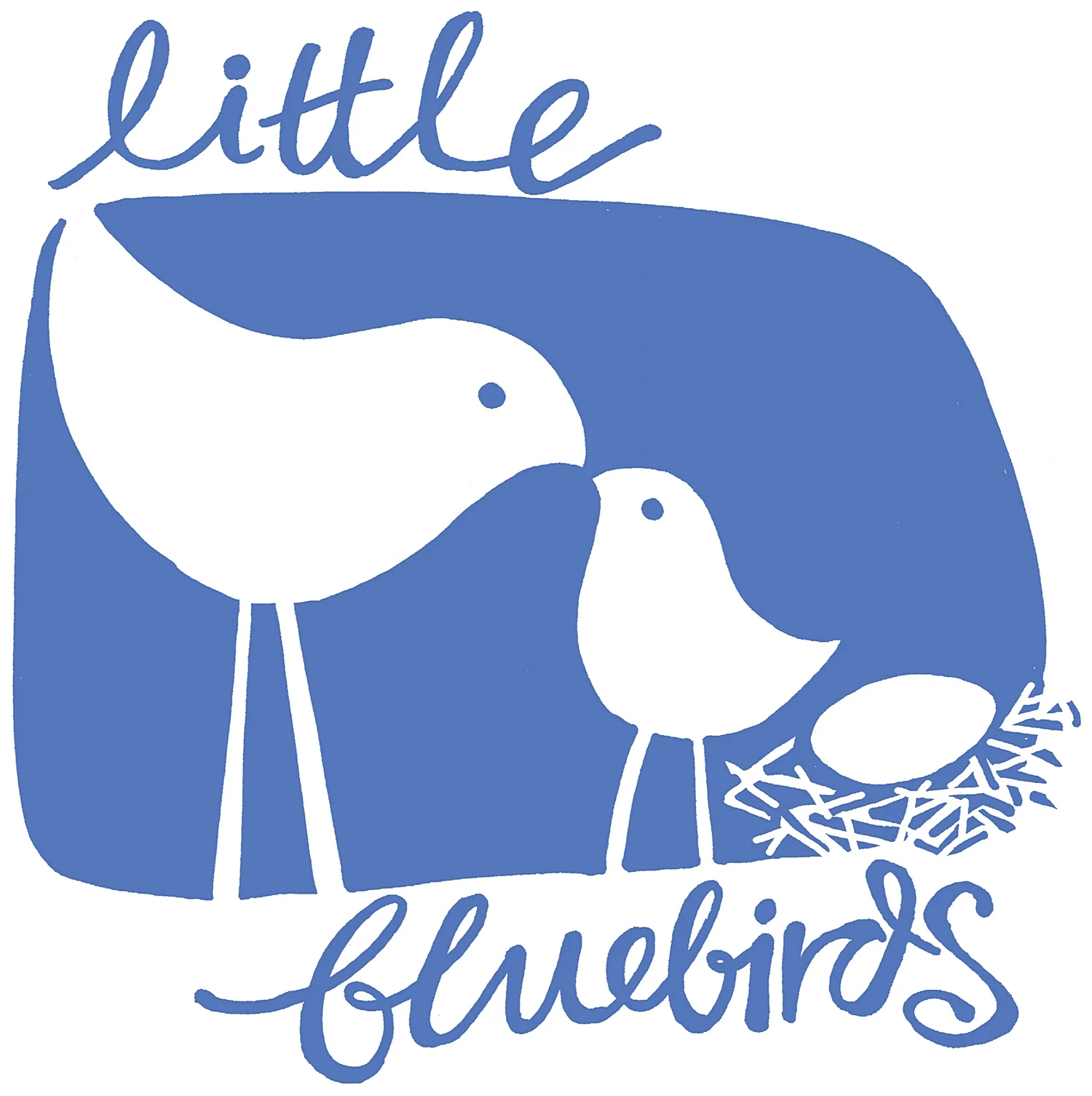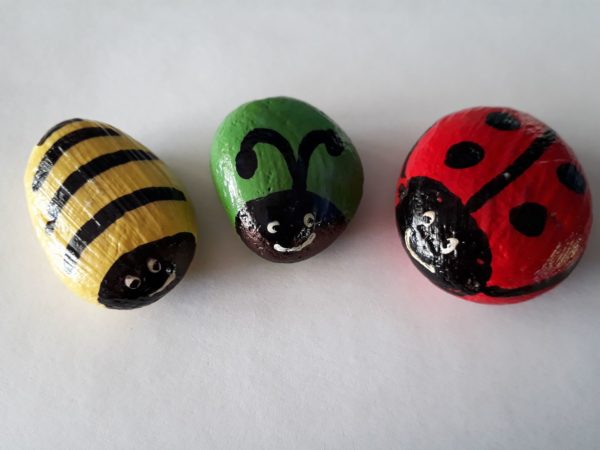Have you ever been out with the kids having a wonderful time when suddenly everything goes wrong and you end up leaving with a crying child, angry mumma and more than a hint of embarrassment??!?! Yes of course! We've all been there...
I remember one particular family birthday party that dragged on a little long for my (then) three year old. He had a wonderful time playing with his cousins and eating a magnificent birthday lunch. Instead of heading home with a happy wave, I kept chatting to the grown ups, enjoying the chance to speak to an adult human in full sentences about things other than poo and vomit. Before you know it, my kid had bumped his head, thrown a toy at a poor innocent baby and had an out-and-out tantrum when I asked him to say 'thank you' to the host. We eventually headed out the door with him kicking and screaming under one arm, followed by a magnificent back-arching refusal to be buckled into his car seat. When I finally pulled away from the curb (to the soundtrack of 'Screaming Child'), I was completely and utterly exhausted and had lost any last drop of the happiness and joy I was revelling in early in the day.
I learnt the hard way that a bit of planning and adjusting expectations can make a big difference.
Realistic Expectations
Set your kids up for success by having realistic expectations of what they can happily manage. Babies, toddlers and young children are just not able to sit quietly and wait with nothing to do. So try to avoid 'waiting time' if at all possible.
Most kids also have limits on how long they can happily manage social situations, whether that be a family birthday party, playgroup or a trip to the shopping mall.
And of course, it's also important to factor in the personality and preferences of your child. While some kids will thrive in a busy, noisy environment with lots of other kids (e.g. indoor playground or swimming pool or large family party), others will find the noise and stimulation exhausting. A different kid will love spending time in a quiet, peaceful space with just their own company (e.g. a cosy nook in the library when no other kids are around or pottering in their own backyard), while others will be bursting with ants in their pants, desperate to run and make noise and interact with friends.
Plan for success
I learnt the hard way that giving kids the chance to experience short but happy outings is much more successful than attempting long outings that end in tears and tantrums. If you persist in staying (usually because you still want to chat to a friend or look at one more shop), they just end up practicing the behaviours you're trying to avoid. Best to keep it short and happy!
Routines can help here too... give your child a five minute warning that it's time to go... and stick to it! Giving them something to look forward to when they leave is also very helpful. Have an apple waiting for them in the pram or car seat, or promise a story together on the couch when you get home.
And avoid waiting time if at all possible. Arrived for story time at the library early? Have a quick game of 'run and touch' before heading inside. (Run and touch a tree, run and touch something red, run and touch the bench...)
Of course, sometimes you just have to wait (at the doctors or Centrelink or for a bus). Take a leaf out of my mum's book... always keep a few treasures in your bag for these occasions.
“Making a ‘quiet bag’
1. Find a small bag or pencil case.
2. Fill it with small (age-appropriate) treasures e.g. little animals or people, stickers, pencils/notepad, tiny toys, pipe cleaners, ribbons, little boxes (e.g. matchbox), a feather, a smooth pebble, a tiny book, a shell, a small car, finger puppet...
3. Keep it for special waiting occasions. (The magic wears off if the treasures are played with all the time.)
4. Swap new treasures in regularly!”
Read the play
Sometimes, even if you have realistic expectations AND plan for success, things don't go your way. This is when it is important to be a keen observer and note the signs of impending disaster.
- Your child starts looking tired? Time to go...
- Your child is hungry and there are no good food options? Time to go...
- Child-focussed activities are well and truly over? Time to go...
- Your child is too cold or too hot or too wet? Time to go...
But if you miss the signs, and everything goes wrong... retreat with your crying child knowing that EVERY other parent has been there, done that, and that tomorrow is another day!







